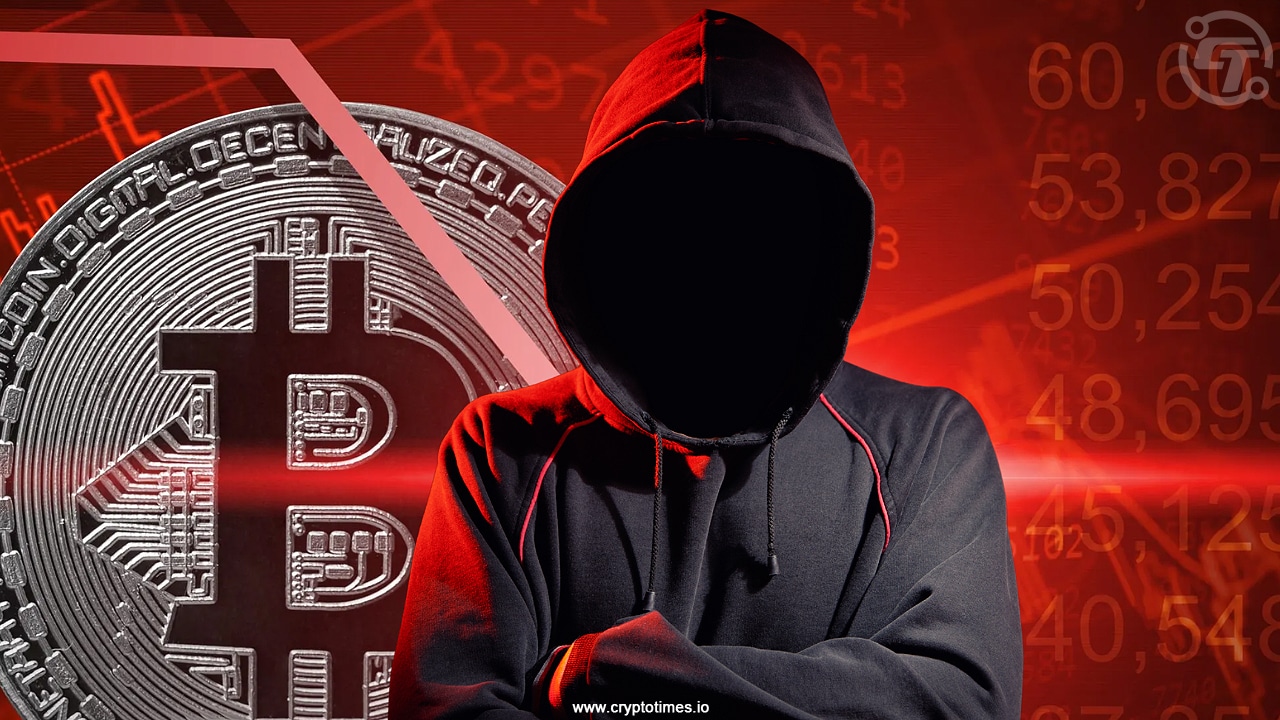Authorities in Cyprus are investigating a recent crypto breach that has raised serious investor concerns and highlighted growing security vulnerabilities. Hackers stole $448,000 in digital assets from a 48-year-old man after breaching his email and draining his crypto wallet.
According to Cyprus Mail, the cybercriminals breached the victim’s email on June 11 and discovered his digital wallet’s password. The attackers then quickly accessed the wallet and transferred €381,653 worth of assets to another account.
The victim officially filed the complaint with the Cyprus police’s cybercrime subdivision on July 26. But due to blockchain’s anonymity of transactions, authorities cautioned that it would be very difficult to recover the stolen money.
The Cyprus police have urged crypto users to step up their security measures right away. They have recommended using reliable platforms that offer two-factor authentication and secure wallets equipped with advanced features.
In addition, they have suggested the creation of unique and complex passwords for each account. Officials also cautioned users to avoid any suspicious links or apps that might lead to phishing scams. The public is being contacted for any information as the inquiry continues.
Crypto Hacks Reach Record Losses in 2025
The Cyprus case adds to an alarming rise in crypto-related crimes this year. Hacken has revealed that in 2025, the industry took a massive hit, losing $3.1 billion to hacks and scams.
This amount already exceeds last year’s loss of $2.85 billion by more than 6%. And 59% of the stolen funds, which adds up to $1.83 billion, came from access-control failures across both DeFi and CeFi platforms.
More recently, on YouTube, scammers posing as Ripple tried to defraud unsuspecting users. Ripple’s CEO, Brad Garlinghouse, stated on X that the company was actively prosecuting scammers. This came after an earlier 2021 case by Ripple against YouTube for impersonation fraud that was settled amicably.
Also Read: Inside CoinDCX’s $44M Breach: What Really Happened and Why It Feels Too Familiar













